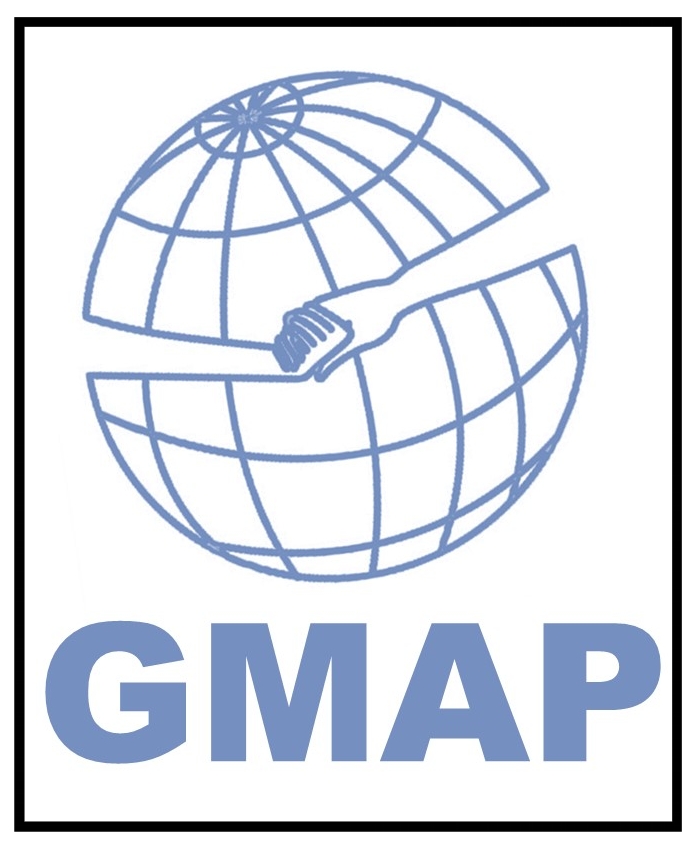Our Commitment
The GMAP community, along with the rest of the world, has witnessed the impacts of injustice and inequality on Black, Indigenous, People of Color (BIPOC) and other marginalized people in the United States. We stand in solidarity with activists across many causes, including the Black Lives Matter movement, and recognize that each individual story is part of a long history of centuries of white supremacy, racism, and discrimination that are still pervasive today. As part of the University of Maryland, GMAP endorses the University and Psychology Department’s commitment to equality, diversity, and inclusion of all races and identities, and is proud to be a part of the University’s racially diverse and vibrant community of learners. At GMAP, our goal is to create and maintain an inclusive and accepting community for BIPOC and other marginalized people that is present in academia and throughout our community-based work locally and globally.
Our Action
GMAP strongly believes that words must be followed by actions. To quote Frederick Douglass:
“I prayed for freedom for twenty years, but received no answer until I prayed with my legs.”
To that end, we recognize the inadequacy of any single statement that is not followed by concrete steps. GMAP’s work started by reflecting on our lab’s commitment to diversity, equity, and inclusion, commitment to global health, and areas where we can take steps towards action. Together we are dedicated to continuing to learn and educate ourselves, while committing to transparent steps toward change.
GMAP focuses on four priority areas for promoting equity that cut across (1) student and staff recruitment; (2) research; (3) training; (4) lab communication.
You can learn more about our team’s research and its impact on underserved and marginalized populations here. The foundation of our lab’s work is a desire to reduce health disparities and improve the lives of underserved, underrepresented, and marginalized individuals globally, with a commitment to also promoting bidirectional learning across our international and local research teams.
Student and Staff Recruitment and Retention Efforts
We have actively worked on identifying and reducing structural barriers that underrepresented people experience when pursuing opportunities in academia generally, and strategies to reduce these barriers in our department and lab. We created recruitment plans that aim to break down some of these barriers for GMAP applicants. We also aim to promote a welcoming lab environment that engages and retains researchers from all backgrounds at all levels.
Research Efforts
We have highlighted the effects of racism and racial health inequities in our research. Efforts have included identifying evidence-based, appropriate assessment measures to include in current and future proposals, prioritizing inclusivity in our academic outputs, and following guidance in the field regarding publishing on racism and racial health inequities (see Boyd et al., 2020, Health Affairs).
Training Efforts
We have focused on identifying readings, resources, and training opportunities for our lab focused on anti-racism, racial health inequity research, and the historical context of the underserved communities where we work. Our team also has regularly volunteered in the communities where we work, and continuing to organize these types of activities to connect us to the communities where we do research is a priority of this team.
Communication Efforts
GMAP's efforts to support underrepresented people throughout our academic and community-based work locally and globally is unwavering and we are committed to academic and community dissemination efforts.

